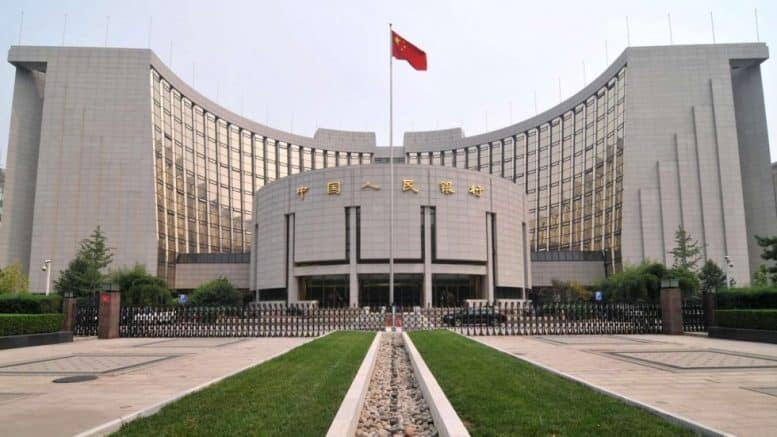|
Getting your Trinity Audio player ready... |
The new head of China's Central Bank received his Ph.D. from University of Illinois and was a professor of economics at Indiana University in Indianapolis. In other words, he is a product of America as much as China. Bloomberg calls him a Technocrat. The picture of Xi Jinping as omnipotent dictator may have sprouted some puppet strings.









